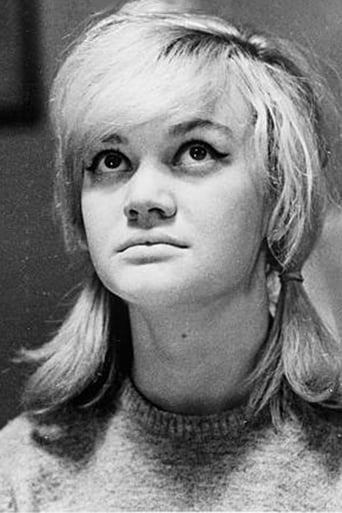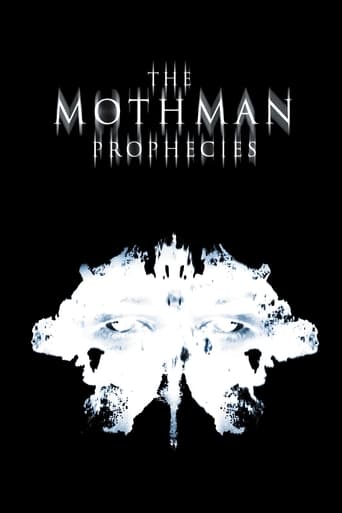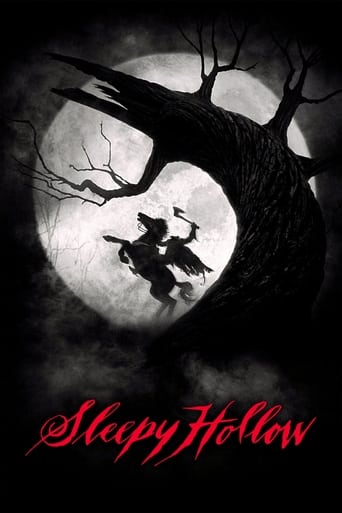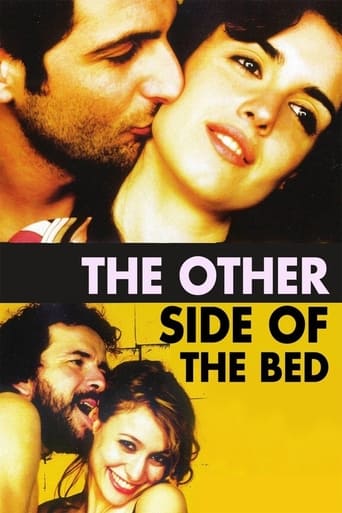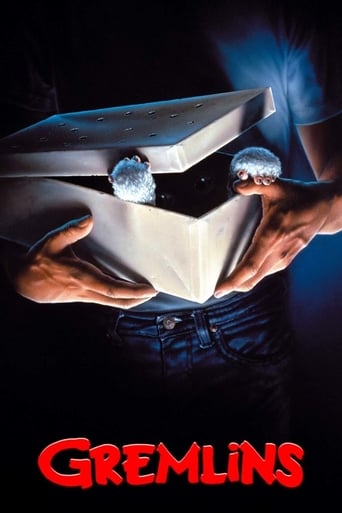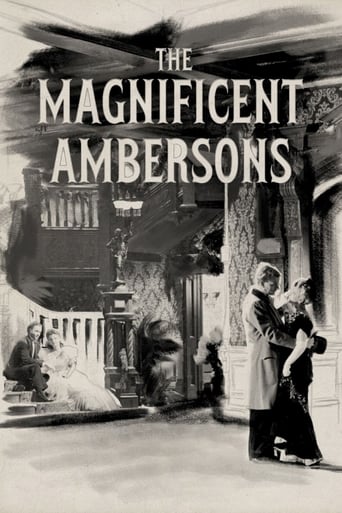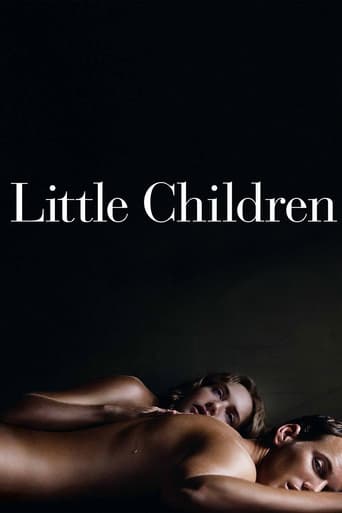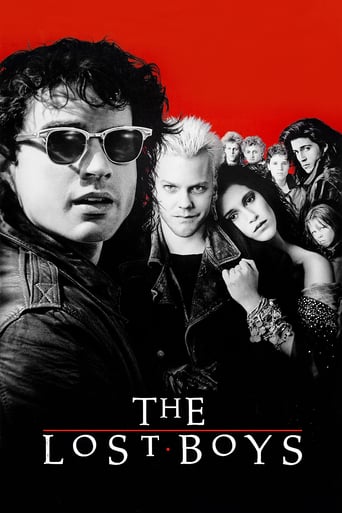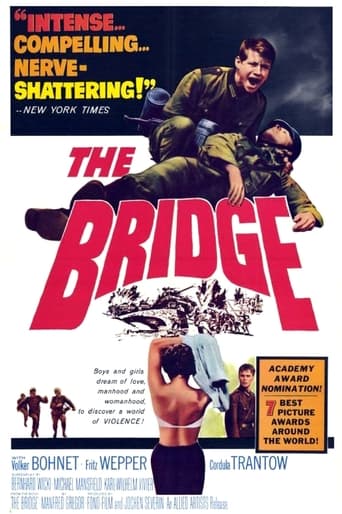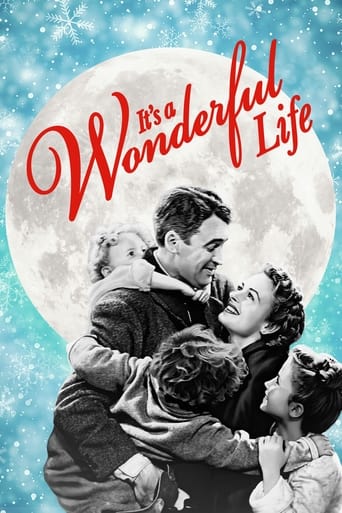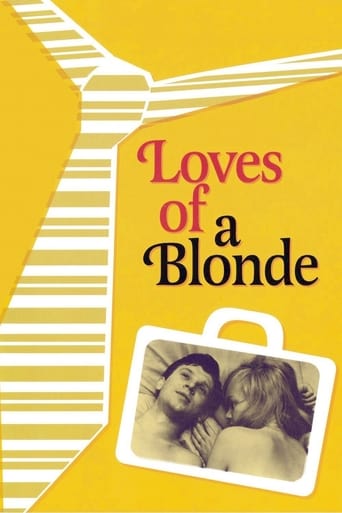
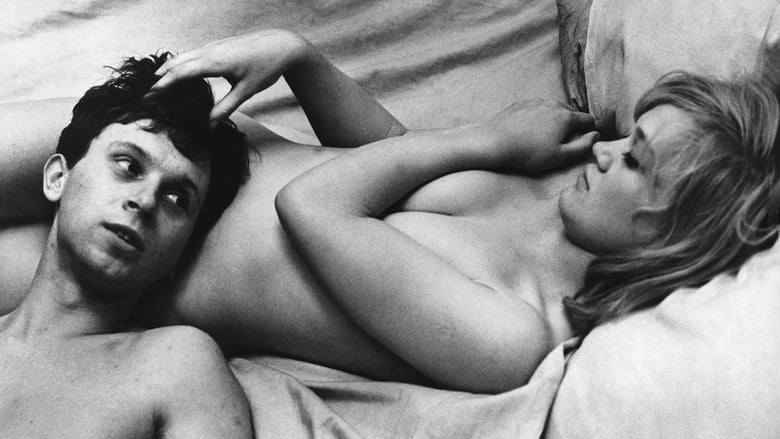
Loves of a Blonde (1965)
Andula, an innocent Czech girl from a factory town, is desperately in search of love. She believes she's found it when she beds Milda, a charming young musician visiting from Prague. Milda, however, is only looking for a casual encounter, and leaves town assuming he'll never see Andula again. But when Andula doesn't hear from him, she packs up and heads to Prague, to the surprise of Milda and his parents.
Watch Trailer
Cast


Similar titles
Reviews
I love this movie so much
Excellent adaptation.
I cannot think of one single thing that I would change about this film. The acting is incomparable, the directing deft, and the writing poignantly brilliant.
The story, direction, characters, and writing/dialogue is akin to taking a tranquilizer shot to the neck, but everything else was so well done.
This movie was made and released when Czechoslovakia was still a single country and still very much a part of the Communist bloc so that Westerners like myself with absolutely no experience of day-to-day living under a Communist regime (I have since visited East Germany, Poland and the Czech Republic but long after the Wall came down in 1989) may sometimes miss the more subtle nuances of movies like this, Closely Observed Trains, The Fireman's Ball, etc, being more or less obliged to compare them with the more familiar fodder from Hollywood, UK, western Europe. One thing that does come across powerfully is that the actors, both male and female, are almost without exception as drab as the landscape and as I know from personal experience Czech girls of today are as stunning as girls anywhere I can only assume that life under the Communists bleached all traces of glamour out of the people. This is an excellent and moving film but none of the twentyish girls, including the leading actress would be cast as love interest in even the most modest 'B' picture from Merton Park or Poverty Row. Having said that this remains a watchable and entertaining film.
This evening, my wife and I will attend a performance of "Lásky jedné plavovlásky" at a local theater, so I wanted to watch this film as preparation. My wife grew up in Communist Czechoslovakia. I immigrated here 25 years ago, and we've been married for 21 years.The first 99% of the film disgusted me. I rated it 1/10. After the final 1%, I thought to myself, "Oh, that's the point they were trying to make". I raised the rating to 2/10.THE FIRST 99%My reactions jumped from...Andula is a slut. Why do I want to watch a movie about a slut? "Loves of a Blonde", huh? Well, in Czech culture, a "blonde female" has the same derogatory connotation as elsewhere.toThis film reminds me of Milan Kundera's book "The Unbearable Lightness of Being". Everyone claims it's a classic, but it lacks actual classical substance.toUtter disgust at one event after another:* A man removes his wedding ring with the intent of committing adultery; * Three middle-aged soldiers try to force three young women to get drunk; * Andula tells Milda that she previously tried to kill herself (with a razor blade that broke? yeah, right); * More than one instance of a man trying to take advantage of a young woman in emotional distress; * Milan's attempted rape of Andula; * Milan rolling up the window shade while unknowingly revealing his "package"Warped, perverted, and 12 other words with the same meaning. In this film, men treat women horribly. They act like lascivious lechers. I haven't seen such behavior in Czechoslovakia. In general, men treat women quite well (that's why feminism has never gained traction here).Oh, by the way, dialog in this film is idiotic and insipid.GOOD ASPECTS OF THE FILMThe film has some good scenes, including the loss of the wedding ring at the dance as well as Milda and his parents arguing in bed together.CONCLUSIONIf you want to view truly excellent films about pleasant, simplistic life in Communist Czechoslovakia, see Jiří Menzel's "My Sweet Little Village" and "The Snowdrop Festival".
With still having strong memories about being caught completely by surprise from Milos Forman's far better than expected 1984 epic Amadeus,I was thrilled to recently discover that a fellow IMDb'er had shared a link to a Youtube page of an early Forman movie from a film movement that I had recently been hearing quite a bit about called the Czech New Wave,which lead to me excitingly getting ready to surf the wave for the first time.The plot:Fearful over their being not enough boys for girls to fall in love for in his village,due to their only being one man to every 16 women in the village,a local businessman decides to do a deal with a military general,which will allow for restless soldiers to pay a visit to the town,in the hope that they end up becoming romantically involved with the residents.Attending a late night party with her dormitory friends,Andula tells her friends to ignore the advances that are getting made to them by a group of old,worn down soldiers.Leaveing her friends behind on the watchful gaze of the army men,Andula secretly pays a visit to a guy called Milda,who along with having played with played in a band earlier in the night,is also someone who Andula is starting to develop a real crush for.Half-heartedly accepting Milda's invitation for her to pay a visit to his room,so that Milda can read her palms,Andula soon begins to find out what direction her palm lines,and her life are heading in.View on the film:For the relationship between Andula (played by a cute,wonderfully uncertain Hana Brejchová) and Milda (played by a very good,manipulative Vladimír Pucholt),the screenplay by director Milos Forman and co- writer's Jaroslav Papousek, Ivan Passer and Václav Sasek use Andula's wish for the relationship to work as a sly way to include some subtle commentary on the communist regime of the time,with Andula working in a shoe shop factory making identical pares of shoes,being connected to the owner of the business trying to get all of the women of the village to settle down with men from the country's old,rusting military.Continuing on the films theme in his directing style,Forman and cinematography Miroslav Ondrícek show in stark black & white everything that Andula is up against in her desire not to conform,from Andula's village looking like a wasteland,and Forman placing the viewer in Andula's corner when a vote is taking at her dormitory for no boys to be allowed in the building.Forman also expertly reveals the full Horror's of what Andula is going against,when after making her first ever visit out of the village to see Milda's parents,Andula is met by the hard stare of Milda's mum,who openly tells Andula that she does not trust any outsiders.
This is the second of Forman's Czech films I've watched after the other Criterion release, THE FIREMAN'S BALL (1967) - though that was via a late-night Italian TV broadcast some years ago; these two films constitute his most celebrated work from this early phase in his career.While a pleasant and sharply-observed comedy-drama in itself, which must have seemed fresh at the time (particularly the intimate detail of its teenage romance), I feel that a lot of these unassuming but critically-acclaimed foreign films - often made under strained political conditions - tend to come off as overrated when viewed today (a similar recent example I encountered was CLOSELY WATCHED TRAINS [1966]). That said, the film benefits immensely from the wonderful cinematography by Miroslav Ondricek (Forman's longtime collaborator).Besides, it also includes a couple of lengthy - and delightful - set-pieces: the party sequence, in which the heroine and her two best friends are picked up by a trio of geeky middle-aged soldiers; the scene at the home of the girl's 'boyfriend' (with whom she had a one-night stand), where she causes a commotion by turning up unannounced on his doorstep with a packed suitcase! The DVD supplements comprise an amusing but irrelevant deleted scene, and an interesting 17-minute interview with Forman - in which he discusses the film's genesis and how the mix of professional and untrained actors proved providential, sealing its essential charm.


